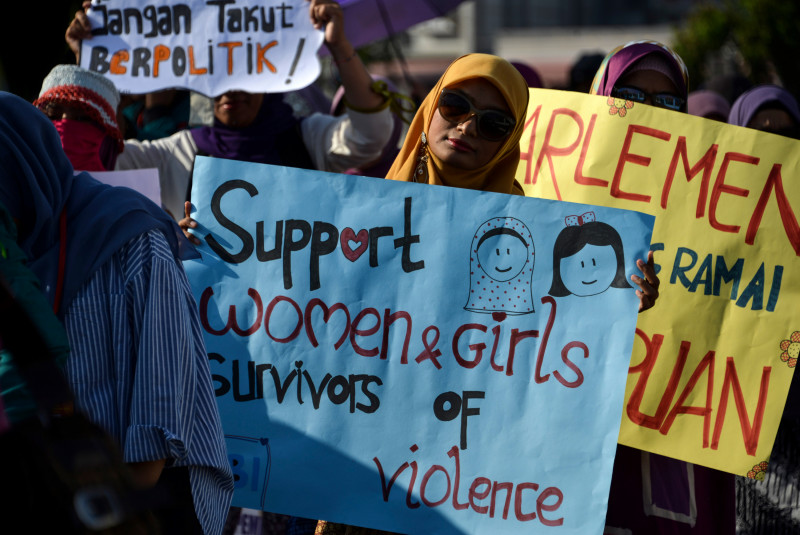KUALA LUMPUR – The Federation of Reproductive Health Associations, Malaysia (FRHAM) have found that studies or research into female genital mutilation (FGM) or female circumcision to be lacking in Malaysia, despite the amount of debate supporting or calling for a ban on the practice.
Its chairman, associate professor Dr Kamal Kenny, said there are only three known studies of FGM in the country.
“There is little agreement between both sides of the divide: those who believe that the practice should continue, and those who want it banned,” he said.
“The baseline monitoring report found that for the amount of debate on this subject, very little is known about its prevalence, procedures, practice, or reasons for its occurrence.
“Aside from three known studies, research on female circumcision in Malaysia is scarce. From this limited pool of information, it is understood that well over 90% of Muslim women in the country have been circumcised,” he said.
Kamal said this in a statement in conjunction with the United Nation’s (UN) International Day of Zero Tolerance for Female Genital Mutilation today.
He added that the high number of FGM cases stems from health and hygiene concerns, as well as cultural and religious beliefs.
Kamal observed that for a time, the practice in the country was largely believed to involve scratching, pricking, or inflicting a superficial cut on the skin or tip of the clitoris when girls were infants and up to the age of 6.
.jpg)
In the 2008 review of the UN’s Convention on the Elimination of All Forms of Discrimination Against Women (CEDAW), Putrajaya had reported that this kind of female circumcision fell under Type 4 of the World Health Organisation’s (WHO) FGM classification scheme: “all other harmful procedures to the female genitalia for non-medical purposes”.
This includes pricking, piercing, incising, scraping, and cauterising the genital area.
The procedure is traditionally performed by village midwives, but in modern times retaining the services of medical doctors to perform FGM is becoming increasingly popular.
In an oral reply to the CEDAW Committee at Malaysia’s last review in 2018, the then secretary-general of the Women, Family and Community Development Ministry stated that the studies found female circumcision in Malaysia to be “harmless and did not have an impact on the sexual health of women”.
The ministry added that routine checks by public health centres on 18-month-old Muslim girls showed that 83% to 85% had been circumcised without complications.
Furthermore, the government also claimed that Malaysia’s practice is part of a cultural obligation and is not invasive, unlike that of some African nations.
During the review, Putrajaya had also revised its categorisation of the practice in the country to say that it was Type 1a: “removal of the prepuce/clitoral hood only”.
The CEDAW committee concluded that regardless of whether the procedure was symbolic or conducted within a medical institution, female circumcision, female genital cutting, and female genital mutilation could not be justified on religious grounds and constituted as a “harmful practice”.
“FRHAM supports the CEDAW Committee’s concluding observation on this issue and coupled with WHO’s stand and research that FGM has shown no known health benefits to girls and practice remained largely symbolic and cultural,” Kamal said.
“It must be stressed that even among Muslim clerics and religious leaders, there is no consensus on this position. From a rights perspective, FGM – irrespective of its type – constitutes a violation of human rights, particularly on women and girls’ sexual and reproductive rights,” he added. – The Vibes, February 6, 2021






















